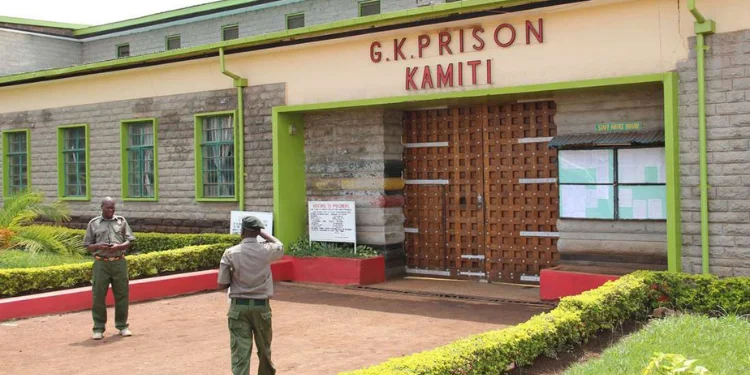In a dramatic ruling today, the High Court of Kenya has issued a sweeping injunction halting key provisions of the controversial Computer Misuse and Cybercrimes (Amendment) Act, 2024 — effectively blocking the government from shutting down social-media platforms or blocking websites while six major constitutional challenges proceed.
Court Puts Brake on Government Power
Judge Lawrence Mugambi temporarily suspended Section 6, which grants the government authority to disable social-media services and websites deemed to facilitate “unlawful activity, obscene content involving minors or intimidation”.Simultaneously, Section 27(1)(b) was frozen — this clause criminalises online messages or emails “likely to cause the recipient to take their own life”. The order will remain until the petitions challenging the amendments are fully heard and determined.
High Stakes for Digital Freedom
The ruling signals a major check on the current administration’s digital legislation. While the government argued earlier injunctions were too broad — hindering operational parts of the law — today’s order narrows the freeze to only the most contentious sections. Counsel for the state, acting for the Communications Authority of Kenya and the Office of the Attorney General, requested this amendment after negotiations with petitioners.
Critics say the suspended provisions represented a direct threat to freedom of expression, online assembly and the open internet in Kenya. Petitioners — including high-profile figures such as the musician Reuben Kigame and the MP for Embakasi East — claimed the law’s implementation would allow the government to silence dissent under the guise of “cyber-safety”.
This is not just a legal skirmish. The ruling comes at a time when social media plays a central role in political mobilisation, protest, news dissemination and commerce. By barring the government from cutting off access while hearings unfold, the court has underlined the urgency and weight of the question: Who controls the internet?













Leave a Reply